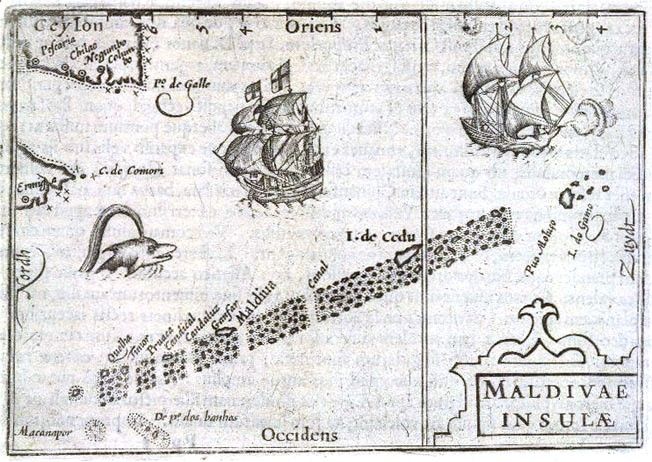Yameen Rasheed: Selected works
April 23 2018 will mark a year since blogger and satirist Yameen Rasheed was murdered. The Maldives Independent is re-publishing some of his work to commemorate what he stood for.

19 Apr 2018, 09:00
April 23 2018 will mark a year since blogger and satirist Yameen Rasheed was murdered. The Maldives Independent is re-publishing some of his work to commemorate what he stood for.
The following piece appeared in July 2010.
Become a member
Get full access to our archive and personalise your experience.
Already a member?
Discussion
No comments yet. Be the first to share your thoughts!
No comments yet. Be the first to join the conversation!
Join the Conversation
Sign in to share your thoughts under an alias and take part in the discussion. Independent journalism thrives on open, respectful debate — your voice matters.




